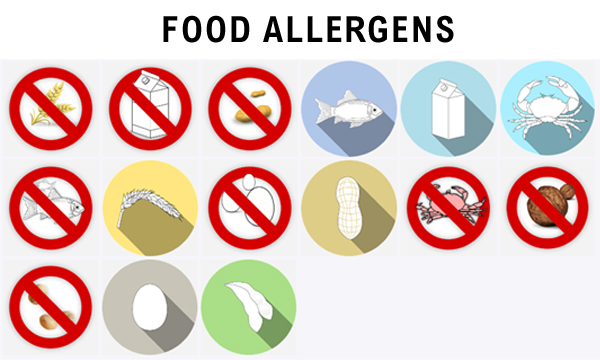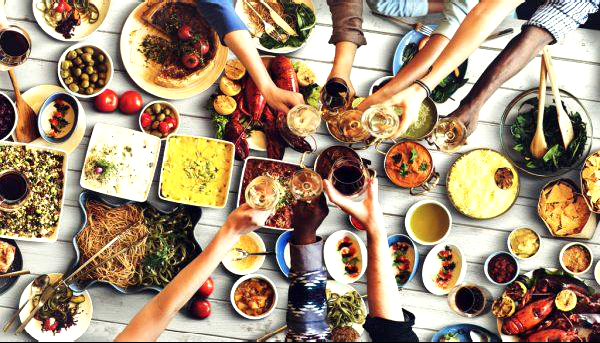“It is only after one is in trouble that one realizes how little sympathy and kindness there is in the world” – Nellie Bly
As the travelling community gears up in the next many months to resume essential and non-essential travel when borders are reopened, we can expect many changes. We can protest but there will be changes that we will be forced to accept and adapt. What are the expected changes?
-
Starting with the person in the mirror – you.
-
Due to being isolated and experiencing solitude, you might have realized new talents and acquired new hobbies and possibly new skills.
-
Your perspective on life may have changed, your focus maybe more on self-actualization and less on work or career goals.
-
Your career goals may have shifted, acquired a new timeline, or completely changed altogether.
-
Do you have a new sense of purpose, possibly you might have realized your life was like a revolving door and possibly leading nowhere?
-
Maybe you realize this time to actually take a break in life, and take time to reflect and re direct your focus.
-
Perhaps over the Internet you made new friends and acquaintances whom you’d like to get to know better.

-
Realize that if you are feeling depressed, travel during this time might actually add to your stress level and not be a good idea.
-
Realize other people have changed.
-
Being isolated from friends and family for months, it’s possible they went through the same changes you have and uh now have a completely different focus- possibly your lives have become divergent.
-
Realize family members may not appreciate your newfound self-value and your newfound purpose.
-
Realize that when you start to travel people in other countries have likewise changed.
-
Realize that countries may have changed.
-
Reopening borders after having closed for an extended period of time now requires stringent rules and different laws and New habits related to social distancing.
-
There are some cultures such as the Asian cultures which practice habits more adherent to social distancing than cultures in the Western Hemisphere which tend to be more apt to embrace, handshake and polite kisses on the cheek.
-
Many countries maybe struggling economically and thus there may be more poverty and begging, more homeless and more destitution.

-
As many countries may be struggling, there may be two extremes in behaviors seen:
-
You might see the extreme need to please in the tourism industry because of your capital investment in their industry.
-
Alternatively, you might see a state of apathy and resentment towards your ability to spend money and resources compared to their lack of ability.
-
Due to the economic challenges, there may be a shift in how some countries spend their resources, certain amenities and luxuries may be curtailed in lieu of essentials needed to operating function.

-
Understand that many tourist and other industries having significant financial challenges may only open and operate on a limited capability.
-
Understand that those working in these industries which are financially challenged are also financially challenged and highly stressed, thus a kinder attitude embraced in a high degree of tolerance on your part will be necessary.
-
It’s also important to appreciate that during such struggles, cultures may tend to embrace their togetherness and empower their unique harmony, to the exclusion of foreigners or other nationalities and cultures – it’s important to appreciate this and not take offense.
-
It will be important to realize that usual places of for hire during travel time such as hostel, and Airbnb homes may either be unavailable due to social distancing restrictions or maybe more expensive due to new requirements for maintaining stricter hygienic regulations.
-
Also, it’s important to realize the need for social distancing and hygiene requirements while travel, eating out casually or informally eating on the streets or buying art and crafts.

-
The travel industry including trains, planes, and other public means of transportation.
-
Although this is addressed in more detail on other platforms, it is important to realize how transportation will change as it relates to availability, capacity and price.
-
Be aware that travel insurance might either exclude any diagnosis of COVID-19 or related symptoms doing this restricted travel time and some companies may not offer insurance at all.
-
Understand that you might need to bring your own personal protective equipment (PPE) and not rely on the countries or tourist industries to provide this for you.
-
Be aware that on these modes of transportation, social distancing may not be appropriately enforced but with PPE you can still attempt to follow the regulations in place at the time of your travel.
What’s important to realize that in this new era of post COVID-19 travel, we have to engender kindness, mindfulness, tolerance and appreciation of our differences now more than ever before. Everybody is going through similar challenges and trials just at different times, different levels and with different abilities to overcome.
As Mark Twain said, “Kindness is a language which the deaf can hear and the blind can see”











